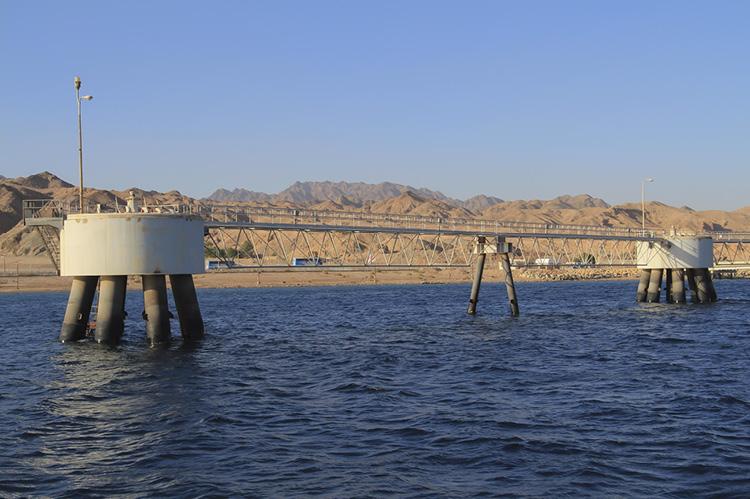Environmental Groups in Israel Rise in Opposition to the Eilat - Ashkelon Oil Pipeline

Several 'green' groups in Israel have banded together to oppose further development of the Eilat - Ashkelon pipeline, transporting Gulf oil through Israel on its way to European markets.
In their petition before the Court, submitted this May, three green organizations charged that the Memorandum of Understanding signed by the European Asian Pipeline Company (EAPC) with the United Arab Emirates in October should be made null and void given that it was neither discussed nor approved by the government, nor opened for consultation with experts and the public.
The accord provides for the EAPC to transfer crude oil and oil-related products from its Red Sea terminal in Eilat to its terminal in Ashkelon on the southern Mediterranean coast via a land-based pipeline that connects the two.
Opposition is widespread among environmental organizations, scientists and residents of Eilat itself, as they recall EAPC's recent operational performance where one of its pipelines burst, sending 1.3 million gallons of crude into the Evrona Nature Reserve in southern Israel.
The EAPC has set up an oil boom in Eilat, designed to catch any potential oil spill before it leaks more broadly into the sea. The company has also spent around $10 million on the purchase of vapor combustion units for its ports in Eilat and in Ashkelon to treat the vapors emitted from ships during loading, and is pouring an additional more-than-$10 million into upgrading the pipeline system in a project that will be completed this year. During the year, it will send a special robot through the pipes to pinpoint where local repairs might be needed.
Every tanker that called at Eilat was insured for $100 million per event, it said. The company has maintained throughout the legal contest that any prospective oil spill, particularly in light of the preventive measures the company has been taken around Eilat, would be small and negligible.

